Looking Back: Cramer Ambushed Older Americans with Age Tax and Medicare Cutbacks in Backroom Deal
Cramer voted for bill that would hike premiums for older Americans
He described the AARP-condemned bill as a “missed opportunity”
(BISMARCK, ND) – As the one-year anniversary of partisan efforts to rip away health care protections for North Dakotans approaches, it’s worth taking a look back at what Cramer’s vision for North Dakotans’ care would have looked like, had his hyper-partisan, backroom deal been signed into law.
“Kevin calls the fact that his back-room,hyper-partisan deal to rip health care away from older Americans a ‘missed opportunity,’” said Scott McNeil, Executive Director of the North Dakota Dem-NPL. “Is he serious? North Dakotans breathed a sigh of relief when the Cramer-backed bill failed because it would it would have slapped them with a new Age Tax, surged their premium costs, and threatened vital programs by weakening their Medicare. But for a self-serving politician like Cramer, losing a chance to boost his own career at the expense of North Dakotans is a ‘missed opportunity’ – and that’s the last thing our seniors deserve.”
The American Health Care Act (AHCA) would have posed a direct assault on the ability of older Americans to receive care:
-
Age Tax: By revoking an Affordable Care Act provision that prohibited insurance companies from charging older customers sky-high premiums, the Cramer-backed law opened the door for companies to impose an “age tax” on older Americans, with premiums five times the amount charged to younger customers.
-
Weakened Medicare, Threatening Vital Programs: The Cramer-backed AHCA also contained provisions that undermined the Medicare guarantee, weakening the popular program with millions of beneficiaries nationwide. By threatening Medicare funding, the AHCA could have cut benefits to vital programs, which could have meant lower quality of care for millions of older Americans.
-
Premium Increases: Under the AHCA – Cramer’s idea of a “missed opportunity” – older Americans would have faced potentially up to thousands of dollars in premium increases, pricing many out of the market entirely.

